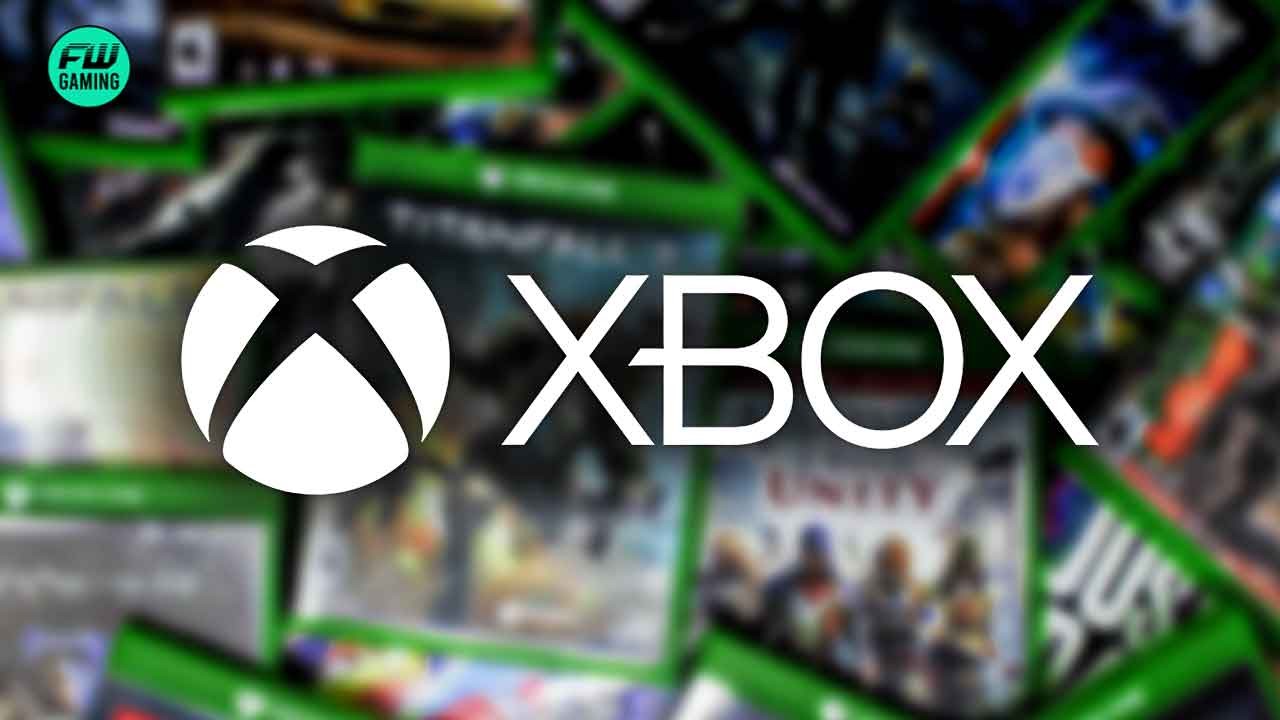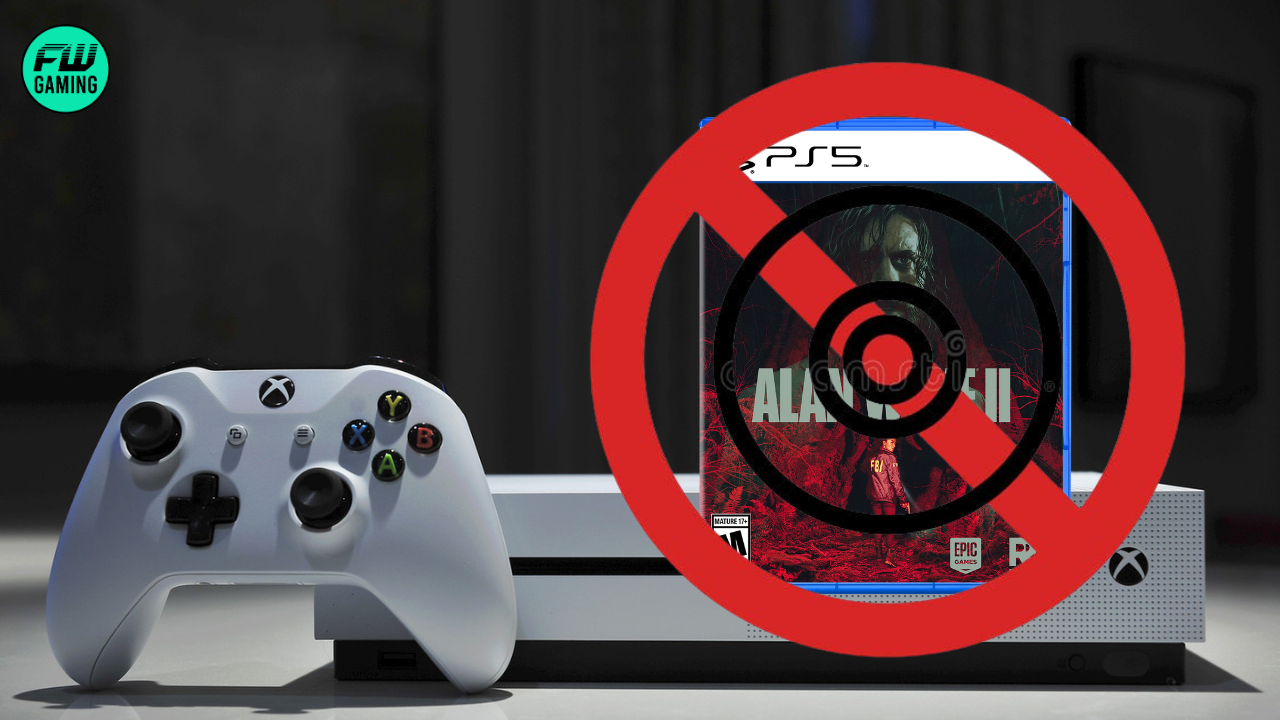Game preservation is slowly becoming a huge issue in the games industry. Not only are several games infested with DRM check-ins, rendering them unplayable without an internet connection, but many physical games ship with an online installer on the disc, not the full build of the game.
However, an even more concerning trend surrounding physical games, or rather the lack of them, has been popping up in recent years. Games like Alan Wake 2 and Like a Dragon Gaiden: The Man Who Erased His Name forewent physical releases entirely, releasing in a digital-only format. Ninja Theory’s upcoming Senua’s Saga: Hellblade 2 follows the trend, and here’s why it shouldn’t.
Why Is Ninja Theory Not Releasing Hellblade 2 Physically?

Back in January’s Xbox Developer_Direct, Hellblade 2 was confirmed to be a $50 digital-only release that will also be available to play for Xbox Game Pass subscribers at no additional cost. The announcement was a big shock, particularly for game collectors.
Many thought it was only sensible that Hellblade 2 won’t get a physical release, as its 2017 predecessor, Hellblade: Senua’s Sacrifice, was solely distributed digitally at launch. However, at the time, Ninja Theory was a nascent indie studio, and physical releases are way too expensive for low-volume games. Digital-only releases are a cost-effective way for indie games to reach audiences.
That excuse doesn’t hold up today, though, because in 2018, the Cambridge-based developer was acquired by Microsoft and has grown exponentially since, with access to world-class resources and funding, so why is it that they can’t print Hellblade 2 copies on discs? Why are they pigeonholing fans into buying a license through an online storefront?
Ninja Theory head Dom Matthews has commented on the matter, “We also took advantage of the freedom that digital-only distribution offered us to create a game of the length that fit perfectly with our intended experience but could be sold at a lower price to reflect the shorter length of our story.” However, there’s more to it than just the game’s runtime.
Xbox Has Been Pushing All-digital Games For A Decade
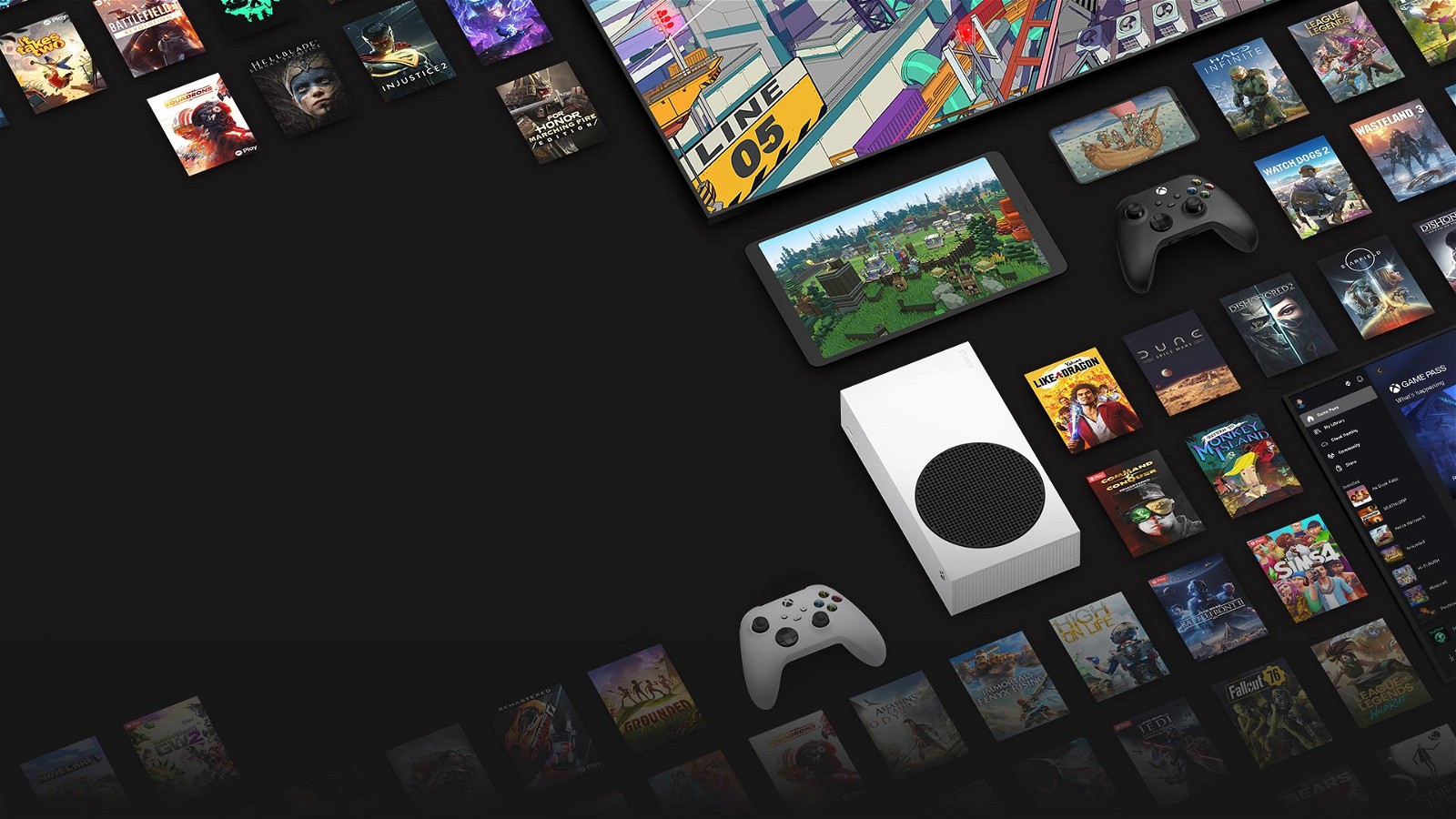
The issue runs much deeper, as Xbox and Microsoft have been championing an all-digital future for a while. It can be traced all the way back to the Xbox One’s debut in 2013, notorious for its DRM reveal and lack of support for used games. Microsoft may have walked back on the condemned “features” at the time, but they’re still here, just in different forms.
The introduction of Xbox Game Pass, a Netflix-like subscription service that puts forth a library of digital games for subscribers, was the next step of the plan. And then in 2019, the launch of the discless Xbox One S All-Digital hammered the point home even further. Xbox was testing the waters and gauging public reception, and the initial success of Game Pass was promising for them.
The brand took it one step further by launching the discless Xbox Series S alongside its higher-powered sibling, the Series X, day and date in November 2020. Thanks to its cheaper price, the Series S was touted as the value proposition, intended to pull buyers in and lock them into an all-digital ecosystem.
Unsurprisingly, Game Pass was a big selling point alongside the consoles, especially for the Series S which can only play digital games. The lower barrier of entry combined with more widespread availability led to the Series S selling vastly more than the Series X, as per leaked Microsoft documents in 2022.
Therefore, the majority of the Xbox userbase is restricted to playing digital games only, and another leak of an all-digital Series X slated for release later this year proves the point further. Xbox is moving away from physical games entirely, and Hellblade 2 could be the very beginning of an all-digital future for the platform.
Digital-only Games Could Be A Nightmare In The Future
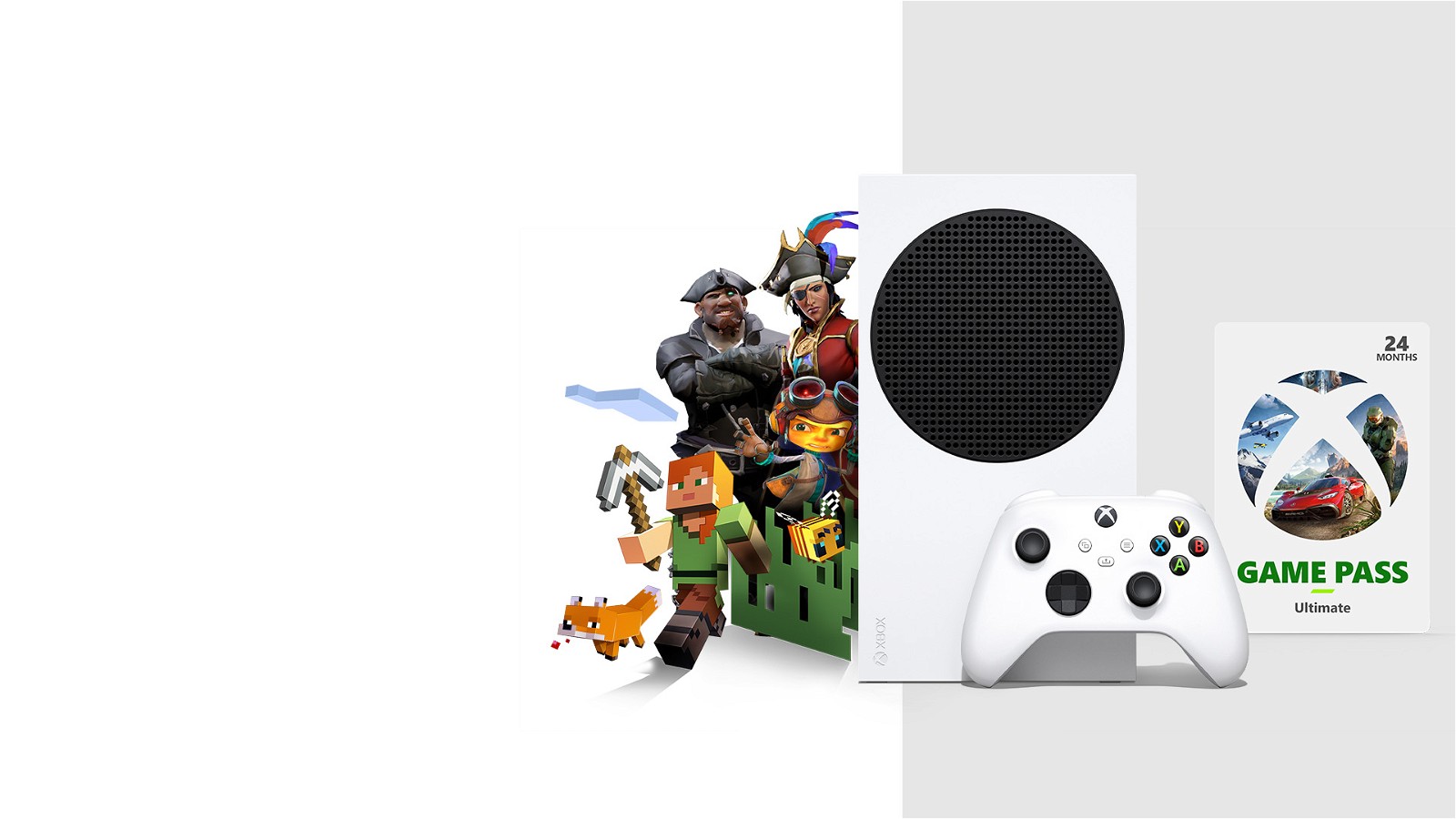
For collectors, this is a travesty. Games aren’t just a collection of pixels and code for them, they’re tangible items that signify their hobby. The physical box of a game is more than just a square piece of plastic. It’s a trophy they can display on a cabinet, alongside the others they’ve collected over the years.
Beyond the sentimental value, though, digital-only releases are a bane for preservation. Having a game exist only as a license you rent in perpetuity means it isn’t downloadable without an internet connection, and if your account gets banned for any reason, you lose access to your entire digital library, and the chances of getting it back can be very slim.
The used games market will also cease to exist in this scenario, as digital games can’t be resold or transferred to another player, thereby being a slow realization of Xbox’s original plan with the One. While it can be argued that digital games are more convenient to own, it’s a short-term benefit that could potentially be disastrous in the long run, especially with many older games being delisted.
Lastly, the issue of price. Because physical games are sold through several retailers, they often can be found for discounted prices a few months after launch. The prices of digital games, on the other hand, are solely controlled by the publisher, so you’d be at the behest of their own promotional periods and discounts.
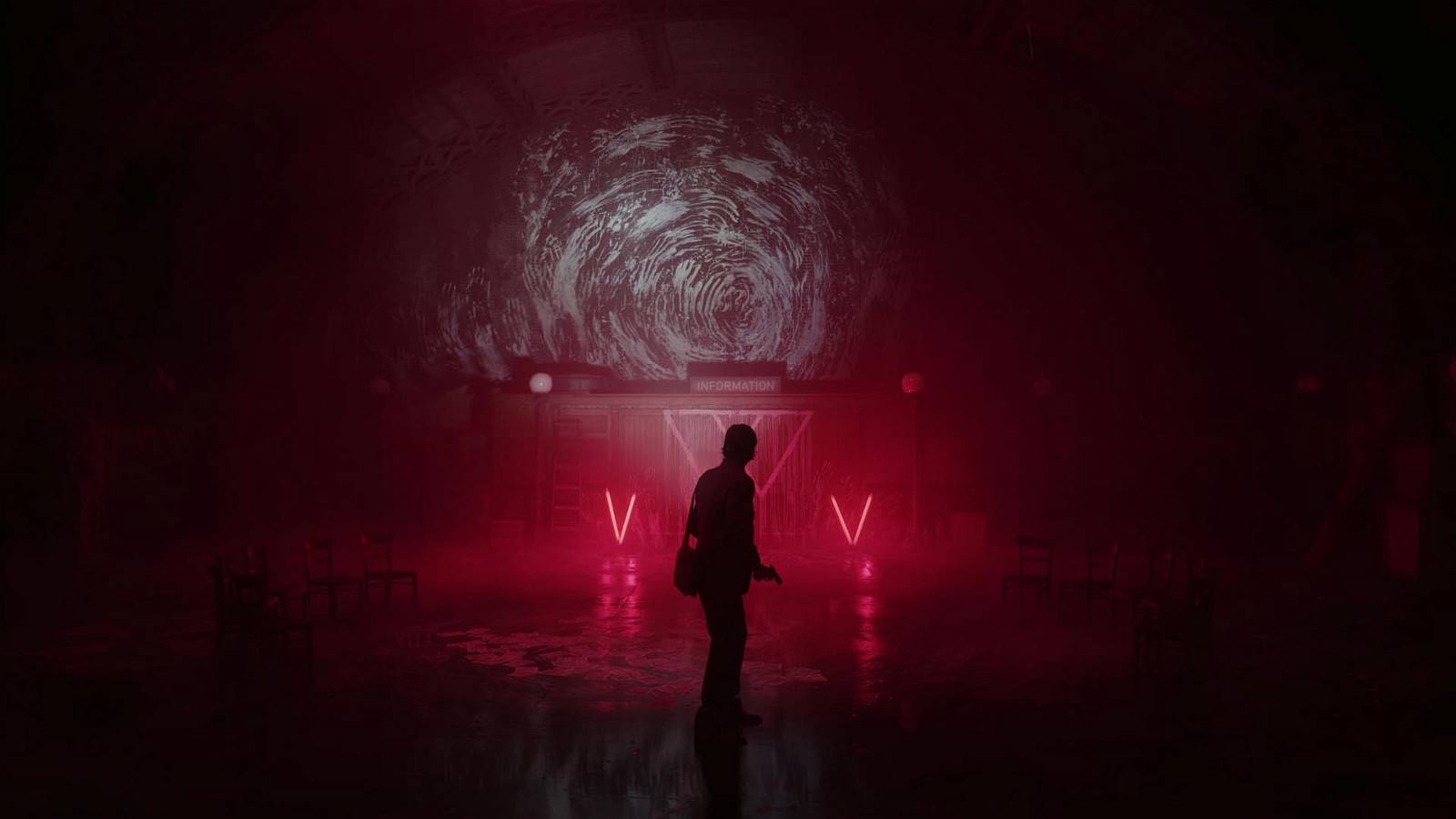
The push for digital-only releases hasn’t been that widespread, but the fact that renowned names in the industry like Xbox, Remedy, and Sega are behind them, is cause for concern. No one should be gunning for a future where physical media ceases to exist, and consumers find themselves without options.
While digital distribution offers undeniable advantages, it shouldn’t overshadow or lead physical media to extinction. Games shouldn’t be tied to servers or online connections. A balanced approach is clearly required, and the only way to fight back is to vote with your wallet.



